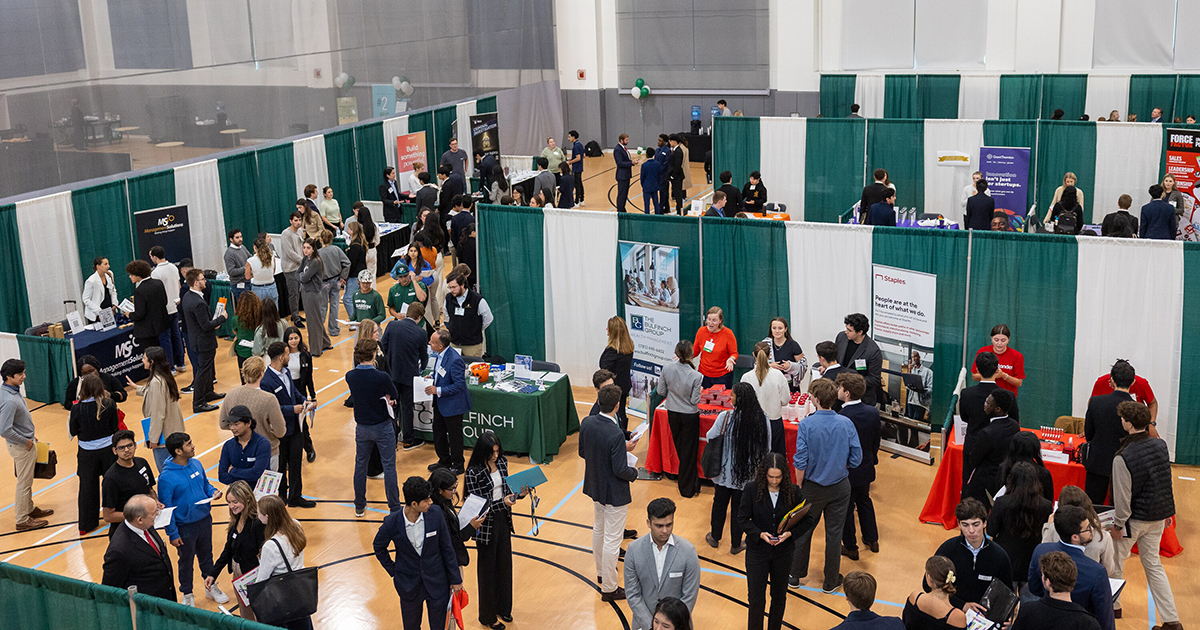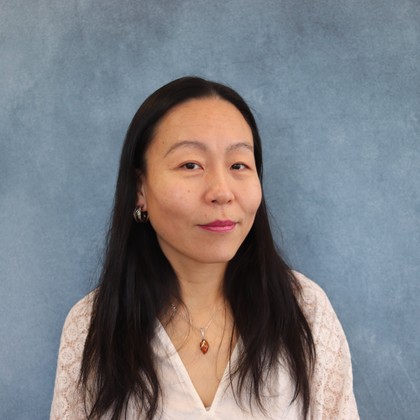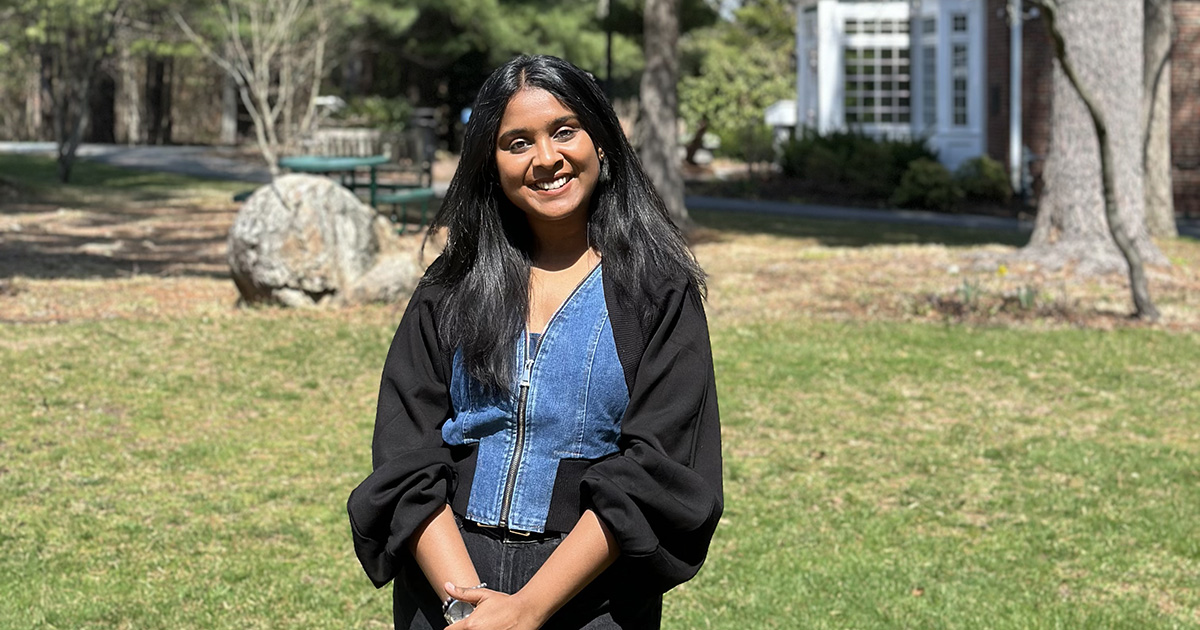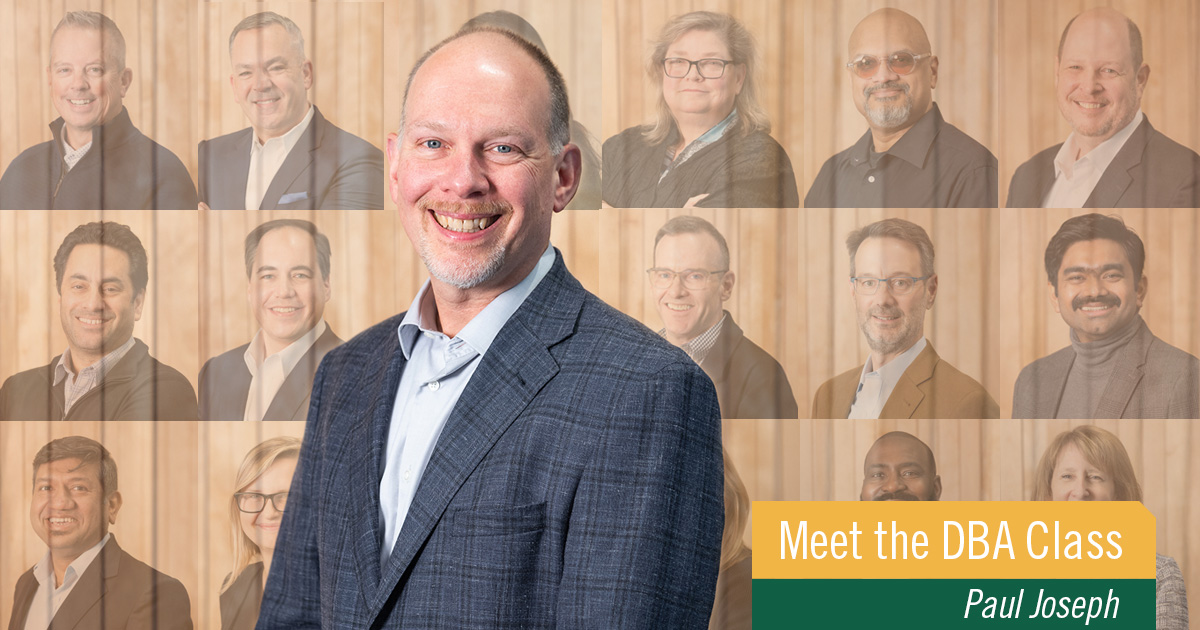How Babson Trains Students to Stand Out in AI Job Interviews

When a job interview is conducted by artificial intelligence, there’s no handshake, no small talk, and no chance to read the interviewer’s body language. Instead, candidates usually stare into a camera, answer a series of timed questions, and wait as algorithms analyze their speech patterns, facial expressions, and word choice.
Let’s just say it takes some getting used to.
Meanwhile, autonomous AI job interviews are on the rise, according to a survey conducted by Resume Builder. A review of nearly 1,000 business leaders found that 23% of companies already rely on AI to conduct interviews, and another 19% plan to start doing so by the end of 2025.
At Babson College, this reality is already part of career preparations, said Evan DeBiase, assistant director at Babson’s Hoffman Family Undergraduate Center for Career Development (CCD). The department is continually reviewing the software, training, and mock interviews available to ensure students are ready for the rapidly evolving AI-driven hiring process.
“We work with students on a daily basis to make sure that they’re prepared for these kinds of interviews,” DeBiase said. Amid the increased use of AI, applicant authenticity becomes paramount.
“It’s important that students learn how to use AI authentically so their genuine persona comes through in all interactions,” DeBiase said. “They need to be prepared to discuss the skills they’re being evaluated on so that their personal stories and transferable skills shine through for any position.”
The training comes amid impressive new rankings highlighting Babson and the long-term career success of the College’s alumni. LinkedIn ranked Babson No. 1 for the strongest alumni network in the country, No. 1 for the largest share of alumni who become founders or entrepreneurs, No. 1 for fueling business development careers, No. 1 for alumni working internationally, and No. 7 overall in the United States on the LinkedIn Top Colleges 2025 inaugural list.
Simulating the AI Interview
Babson uses a platform called Big Interview, which allows students to practice in the same interface they might encounter with popular tools such as HireVue, which is used by many large employers for initial screenings.

“During these interviews, you’re not having a conversation with AI,” said Hao He, associate director at CCD. “Usually, it provides several questions and records the answers.”
To get comfortable with the format, students use the platform to answer standard behavioral and introductory questions, then receive AI-generated feedback on everything from eye contact and vocal tone to whether their responses demonstrate key competencies such as problem-solving and communication.
The benefit, DeBiase said, is that students can re-record, refine, and get feedback before the stakes are real. “The technology we’ve had has been ahead of the curve in giving students a comfortable structure to operate in,” DeBiase said. “But we also stress that genuine personality still has to come through.”
From Keyword Matching to Authenticity
Babson’s AI-focused workshops have long helped students tailor resumes for applicant tracking systems by aligning keywords with job descriptions. The CCD, collaborating with faculty and clubs such as the AI Club, teach students how to avoid pitfalls such as keyword stuffing, which can lead to stiff, machine-like language and sometimes exaggerated or inaccurate claims.
This fall, CCD workshops will continue that balanced training. Students will learn how to use AI ethically to address skill gaps by comparing original resumes with AI-enhanced versions, then identifying which bullet points sound authentic and adjusting the phrasing to reflect their actual achievements.
For example, if a job description calls for project management skills and a student lacks formal project management experience, they might prompt AI to help reframe a class project or team assignment that involved similar responsibilities. “It’s about generating ideas, not copying and pasting,” He said.
Networking in the Age of AI
The time-saving ease of AI has allowed job seekers to send out more applications, but it also has overwhelmed hiring managers. That makes personal networking more important than ever, DeBiase emphasized. But even here, there’s an AI trap: Candidates sometimes use generative tools to draft networking messages, which recipients can spot as automated.
Babson encourages a mentorship-focused, relationship-first approach instead of transactional outreach. “Nothing beats a genuine connection,” DeBiase said.
“The technology we’ve had has been ahead of the curve in giving students a comfortable structure to operate in. But we also stress that genuine personality still has to come through.” Evan DeBiase, assistant director at Babson’s Hoffman Family Undergraduate Center for Career Development
Beyond interview prep, CCD is experimenting with AI-coded applications that can guide students through career milestones. Another project in development: an AI chatbot that will answer students’ most common career questions, freeing staff to provide deeper one-on-one support.
In each case, the goal is the same: help students use AI as a tool not a crutch.
“We’re a front-runner in adopting AI-powered career tools,” He said, “but we want our students to use them properly, so they’re ready for whatever the hiring process looks like next.”
Posted in Outcomes




